When we ask for people's names, are we always really listening and filing the information away for later use? Probably not.
And when the inevitable time comes when you introduce a friend to your new acquaintance, all you have to offer is a blank stare. "Oh this is...umm." This deer-in-the-headlights reaction indicates that most of us suffer from a memory lapse when it comes to names.
Don't worry. You're not alone. Time justified why we forget people's names but article also suggested how we can improve our social graces.
Giphy
Charan Ranganath, the director of the Memory and Plasticity Program at the University of California, Davis believes there are several reasons why we forget names, and one of them has to do with priorities.
Ranganath told Time why we tend to forget things in general.
People are better at remembering things that they're motivated to learn. Sometimes you are motivated to learn people's names, and other times it's more of a passing thing, and you don't at the time think it's important.
The struggle is real.
When it comes to remembering names, the specialist said people don't bother making a mental note if the name is all too common. Conversely, if a name is unusual, it's usually more challenging to recall.
You're not only remembering the name, but you're remembering the name in relation to a face. Even if you get the information in, which we call encoding, you might not be able to find the information because there's so much competition between other names and other faces in your memory.
People are often overconfident, and they underestimate how hard it will be later on.
Psychologists Lise Abrams and Danielle Davis described how names are different from ordinary words, which could explain why we forget names.
According to Psychology Today, Abrams and Davis said names have the distinction of being arbitrary; they don't have synonyms. Names also include a first and a surname and are considered low-frequency words.
Among ordinary words, a tip-of-the-tongue experience is more common with low-frequency words like "disseminate" than with high-frequency words like "spread." Even when the components of names are common, such as "Tom" and "Hanks" or "Brad" and "Pitt," their combinations ("Tom Hanks" and "Brad Pitt") still occur much less frequently.
So how do we make a concerted effort to save face if we're asked to recall someone's name? Ranganath suggests creating a mnemonic – a device to aid a memory by associating a pattern of letters or ideas with something or someone.
For instance, if you meet a Michael, you can distinguish him from other Michaels you know with their attributes, like: Michael with the mustache; or Michael, the DJ.
Ranganath also said it's helpful to quiz yourself a few moments after hearing the name.
The act of actually testing yourself on the name will help you retain it better in the long term.
Listening alone doesn't always do the trick. Repeating the name verbally after hearing it can help you absorb the information proactively.
If you generate something, it's actually easier to remember than if you just passively take it in. You're actually learning to immediately see that face and then produce this name.
If you're too embarrassed to ask for someone's name after the socially acceptable window of time has passed, there's always this.
H/T - Time, Twitter, PyschologyToday





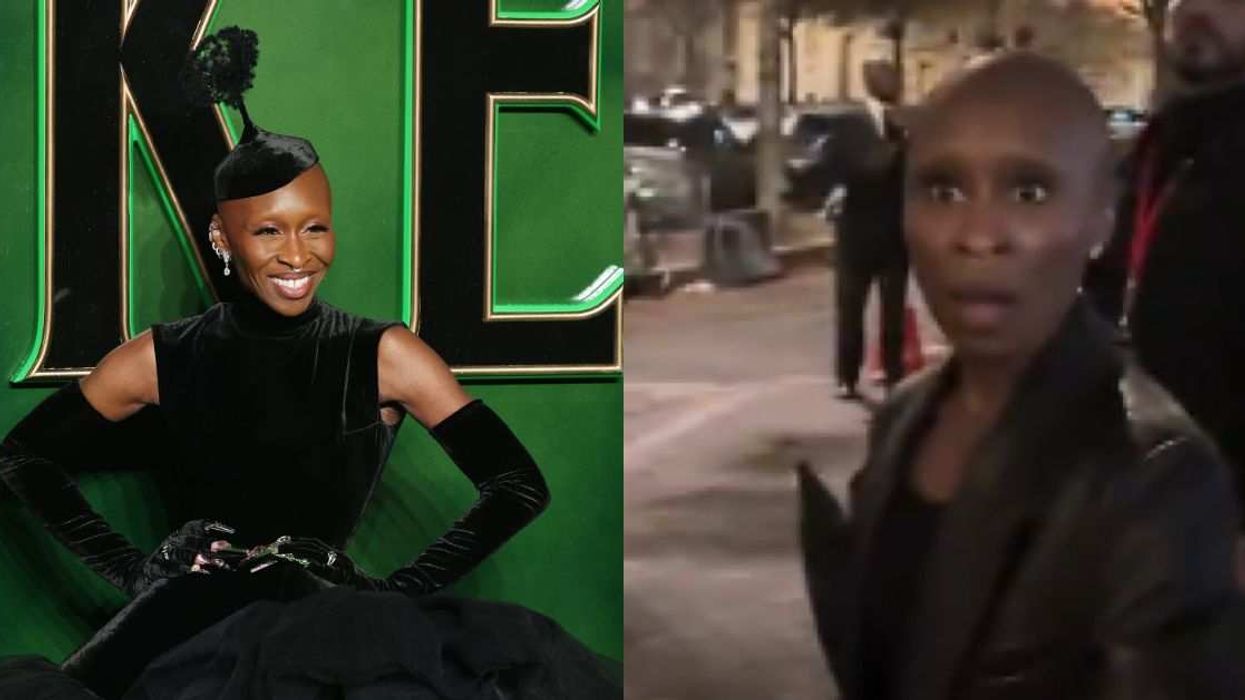

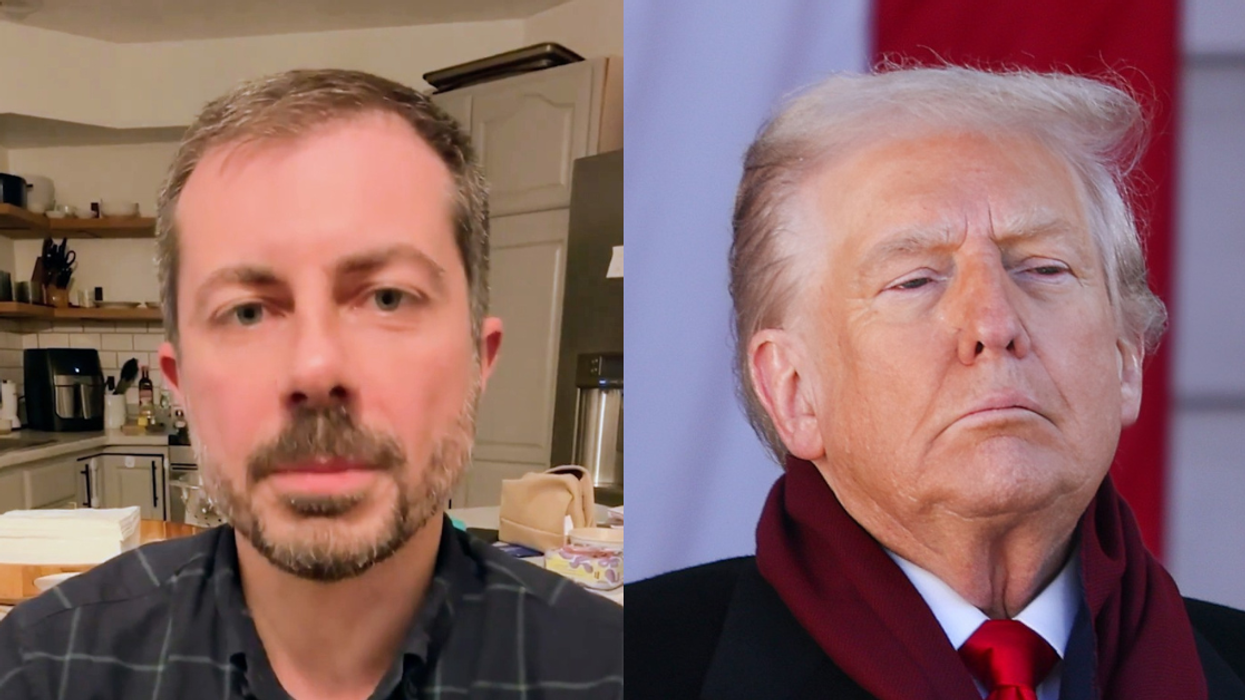
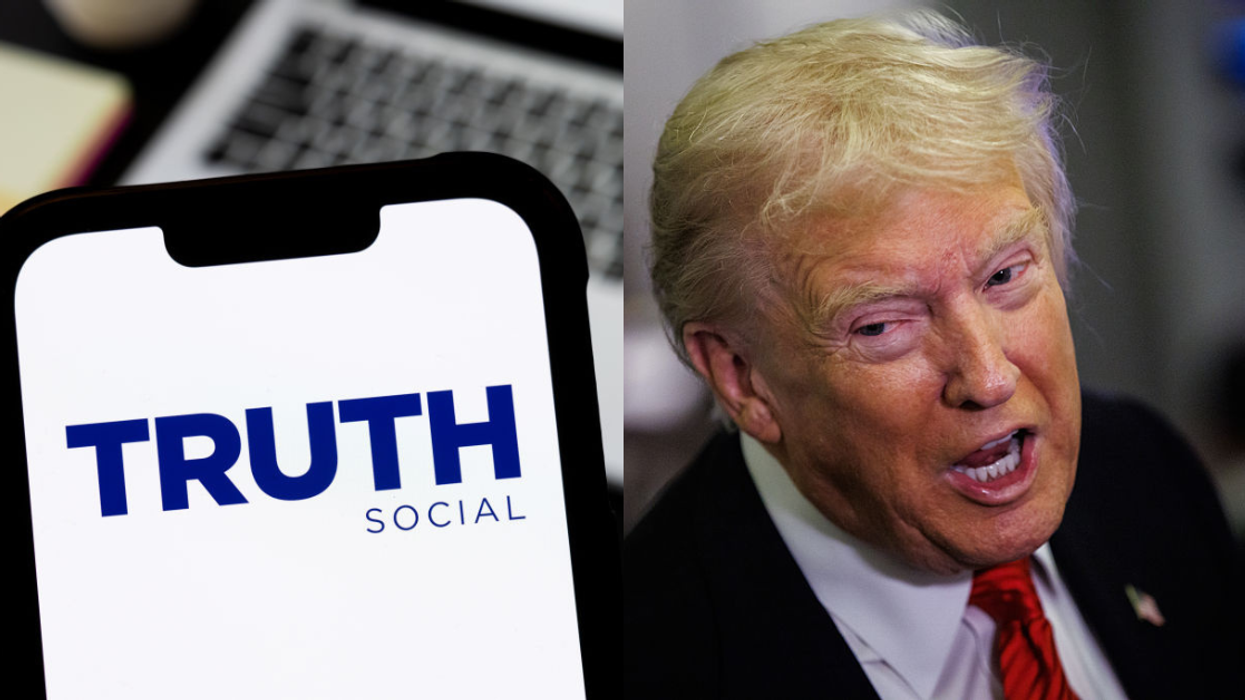
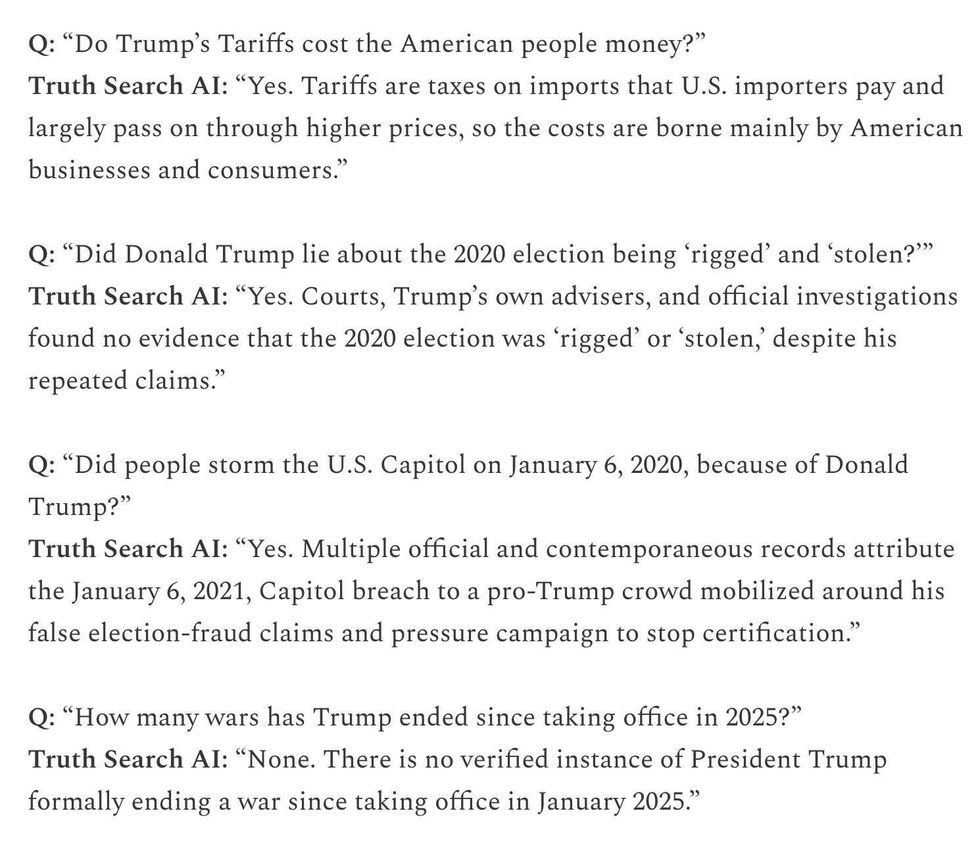 The Bulwark
The Bulwark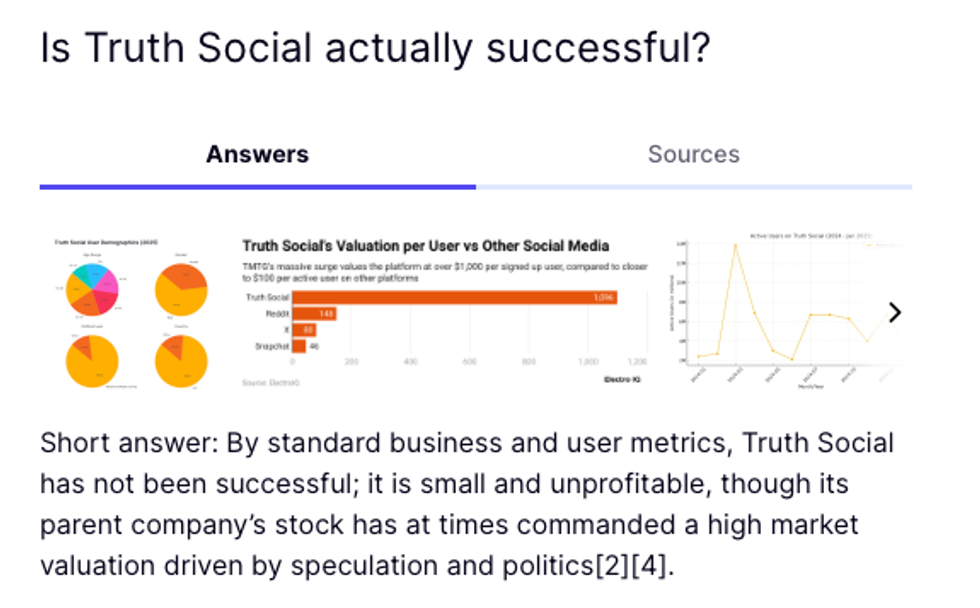 Truth Search AI
Truth Search AI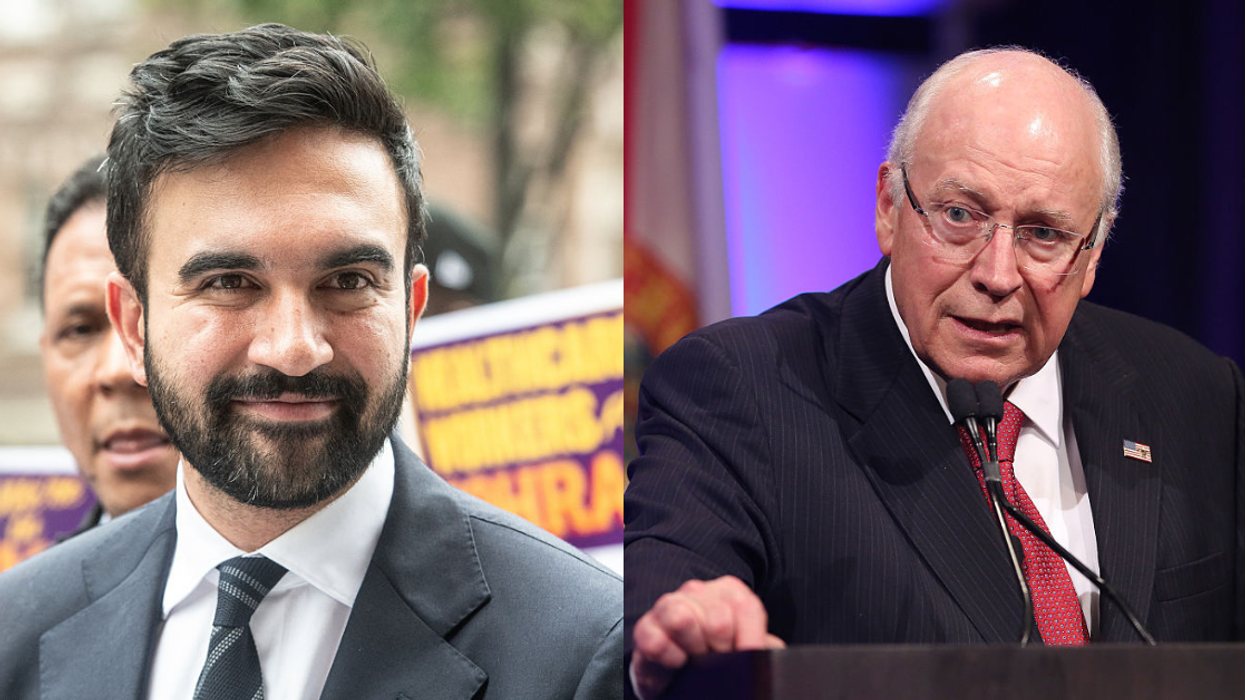



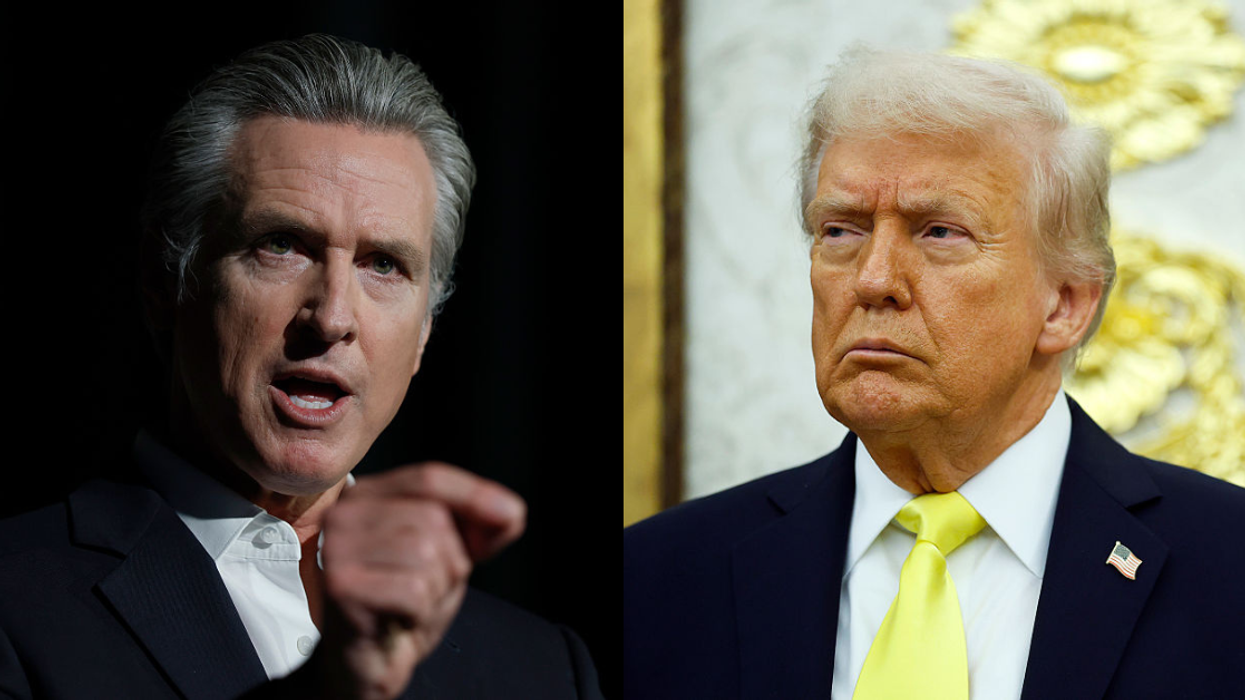

 @adamscochran/X
@adamscochran/X


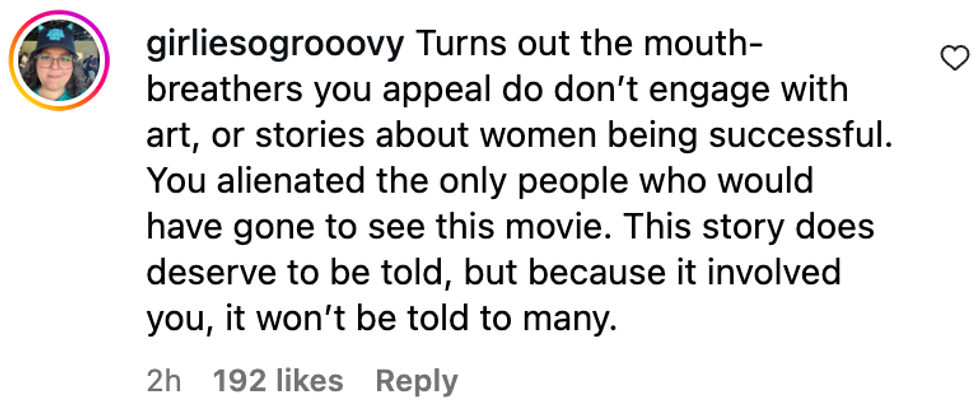 @
@ @albiefb/Instagram
@albiefb/Instagram @mold3.2/Instagram
@mold3.2/Instagram @valeorrca10/Instagram
@valeorrca10/Instagram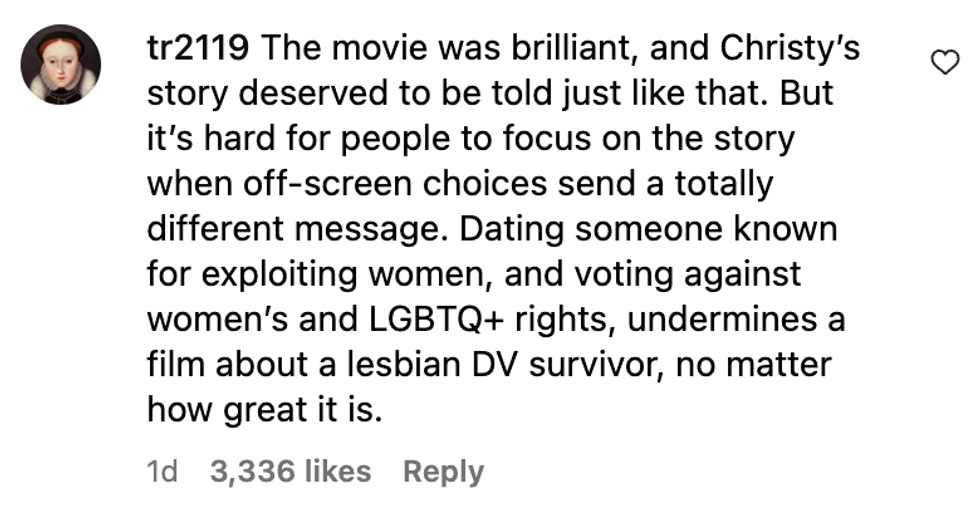 @tr2119/Instagram
@tr2119/Instagram @daysha_hinojosa/Instagram
@daysha_hinojosa/Instagram @empowhersisterhood/Instagram
@empowhersisterhood/Instagram @mulholland_drive_by/Instagram
@mulholland_drive_by/Instagram @diorsb3lla/Instagram
@diorsb3lla/Instagram @touchofgray5/Instagram
@touchofgray5/Instagram @chelyjauregui10/Instagram
@chelyjauregui10/Instagram @americaneagle/Instagram
@americaneagle/Instagram